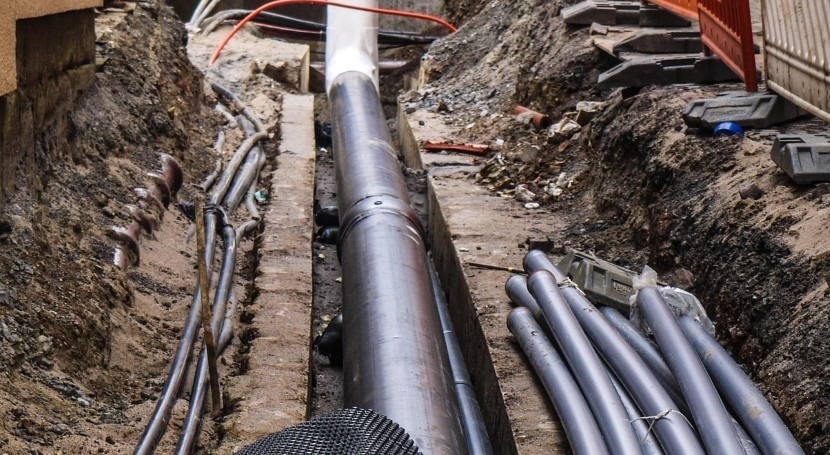Israel leads the way in water conservation with smart meter revolution
A groundbreaking transformation in Israel's water metering system is nearing completion, as the installation of two million smart water meters across the nation progresses rapidly, reports The Jerusalem Post. Spearheaded by the Arad Group, this initiative is projected to save Israeli consumers an estimated NIS 100 million (USD 28 million) annually by reducing water loss.
The Water Authority has set a goal of having 100% of water meters in Israel be smart devices by 2026. The current smart meter penetration rate is 70%, one of the highest worldwide; this helps reduce water loss to 7%. This achievement is particularly notable when compared to the country’s electricity sector, where smart meter adoption stands at only 30%. In recent years, Arad has been deploying a LoRaWAN IoT network, allowing for simple, flexible, and cost-effective integration of IoT Solutions, including over 500,000 LoRaWAN sensors nationwide by Arad.
Advanced smart meters ensure precise water consumption readings while detecting leaks, theft, and other inefficiencies. By sending real-time alerts to mobile devices, they enable prompt action to address issues, significantly cutting leak repair times from 35 days to just 10 days. This timely intervention prevents the wastage of thousands of litres of water per household, translating into significant savings for consumers and preserving the nation’s vital water resources.
In 2024 alone, smart meters detected leaks in over 200,000 households and issued 1.3 million real-time alerts. These efforts collectively saved 10 million cubic metres of water, highlighting the environmental and economic benefits of this initiative.
Regev Yanai, Arad Group’s Vice President of Local Marketing, expressed pride in leading this revolution, emphasizing the company’s commitment to international standards and technological innovation. As Israel’s smart city infrastructure continues to expand, the smart water metering initiative sets a global benchmark for sustainability and efficiency.













